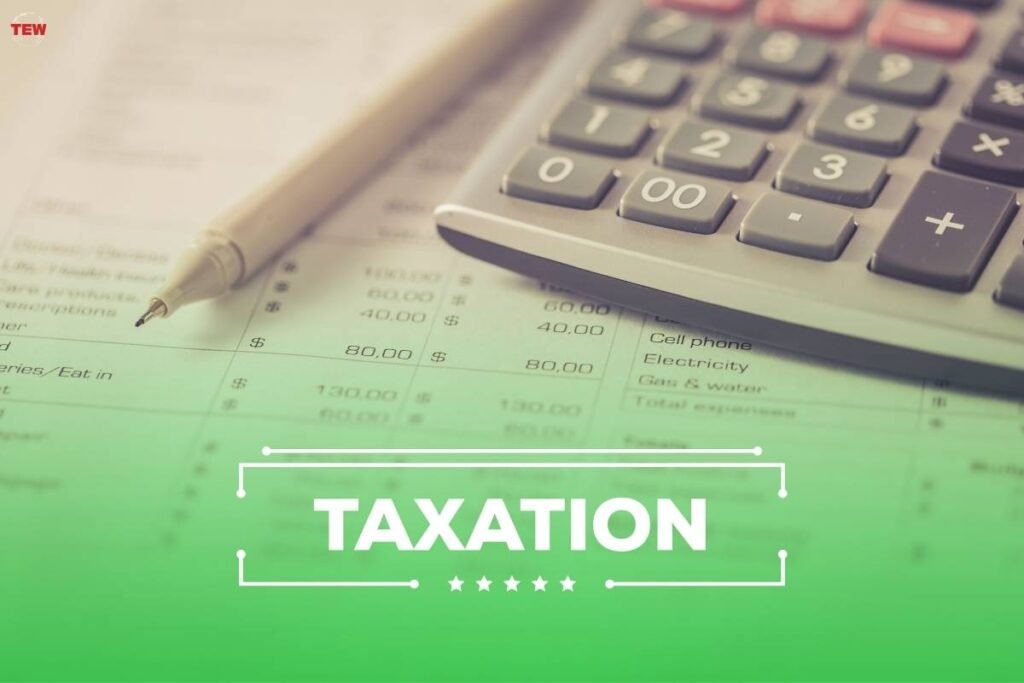The Economic Powerhouse: How Casino Taxation Fuels Government Revenue
Casinos, the vibrant hubs of entertainment and chance, play a pivotal role beyond providing thrilling experiences to gamblers. Governments worldwide recognize these establishments as significant contributors to their coffers through casino taxation. Governments generate substantial income by imposing taxes on casino revenues, player winnings, and auxiliary services, fueling crucial sectors like education, healthcare, and infrastructure development. The economic impact goes beyond financial gains, as casinos foster job creation and drive tourism. However, this article delves deeper into this complex world, exploring the nuances of casino taxation and its delicate balance between financial prosperity and social responsibility.
Step into the world of gaming excitement with online casinos. GG Bet offers the perfect solution with its mobile-friendly platform for enthusiasts seeking the ultimate rush of casinos. Embrace the thrill of diverse betting options, from classic blackjack and roulette to captivating slot games, all at your fingertips. Whether at home or on the move, GG Bet casino ensures an adrenaline-pumping experience for every gaming enthusiast.
Understanding Casino Taxation

Casino taxation is how governments impose taxes on various aspects of gambling establishments. These taxes are typically levied on the casino’s gross gaming revenue, player winnings, and other auxiliary services provided within the casino premises. The exact taxation mechanisms vary from country to country and may be subject to regional regulations.
The Role of Casinos in National Revenue Generation
For many governments, casinos are a vital source of revenue. The funds collected through casino taxation are often allocated to crucial sectors, such as education, healthcare, infrastructure development, and social welfare programs. Additionally, casinos create job opportunities and stimulate tourism, further contributing to the economy.
Different Approaches to Casino Taxation
Governments use different approaches when taxing casinos. Some countries opt for a flat percentage tax on the casino’s gross gaming revenue, while others employ a tiered system based on revenue thresholds. Furthermore, certain jurisdictions may tax both the casino operator and the players’ winnings, significantly impacting the overall revenue flow.
Challenges in Determining the Optimal Tax Rate

Finding the balance between maximizing tax revenue and ensuring a sustainable gambling industry can be challenging. Setting the tax rate too high might lead to a decline in casino profits, reduced investments, and potentially push gamblers towards illegal gambling operations. Conversely, an excessively low tax rate might not generate substantial revenue for the government or adequately address the social concerns related to excessive gambling.
The Impact of Taxation on Casino Operators
The taxation structure significantly influences the financial health of casino operators. High tax rates can hamper profitability, hinder expansion plans, and limit the funds available for improving customer experiences. In contrast, reasonable tax rates can encourage investment in better facilities, innovative technologies, and improved services.
Social Implications of Casino Taxation

While casinos contribute to government revenues, they also attract attention due to potential social issues related to gambling addiction. To mitigate these concerns, a portion of the tax revenue is often allocated to fund programs addressing problem gambling, promoting responsible gaming practices, and supporting affected individuals and families. This allocation helps balance financial gains from the industry and addressing the social implications of excessive gambling behaviors.
Global Variations in Casino Taxation
Casino taxation policies exhibit notable diversity worldwide, with significant variations between countries and regions. Certain nations adopt a lenient stance, providing tax incentives to allure casino operators, and fostering industry growth. In contrast, others adhere to stringent regulations, imposing higher tax rates on casino establishments. Countries like the United States, Macau, and Singapore have reaped substantial economic advantages from their well-established casino sectors, contributing to economic growth and attracting tourism. However, Japan and India have recently embraced legalized gambling, each implementing unique tax structures to govern the nascent industry. As governments continually reassess their approach to casino taxation, finding the delicate balance between generating revenue and addressing potential social concerns remains a paramount challenge for countries across the globe.
Wrapping Up
Casino taxation is a crucial mechanism through which governments generate revenue while regulating the gambling industry. Striking the right balance between maximizing profits and addressing social concerns related to gambling addiction remains a challenge. The impact of taxation on casino operators’ profitability and investments cannot be ignored, affecting the industry’s overall growth. Governments can mitigate potential social issues by allocating a portion of tax revenue to address problem gambling and promoting responsible gambling practices. As the gambling landscape evolves, policymakers must adapt taxation policies to ensure a sustainable and socially responsible casino industry.






